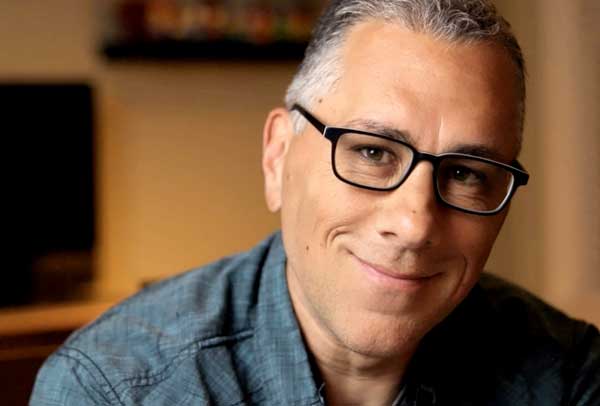I am exhausted.
I didn’t sleep well last night.
I did some things I really didn’t want to do yesterday.
I didn’t want to watch the videos or to look at the pictures.
I didn’t want to listen to the sickening sounds of a disparate multitude feeling jubilation, then confusion, then abject terror—all in a matter of seconds.
I didn’t want to watch rooms of tiny silhouettes, moving like confused starlings from a threat whose source they couldn’t determine—then seeing so many of those silhouettes drop away, fall to the ground and cease to move.
I didn’t want to hear the rapid staccato of thousands of bullets indiscriminately being shot into children’s bodies and the unimaginable terror in the screams surrounding them.
I didn’t want to watch the jittery cellphone video taken by people pinballing through an impromptu war zone and falling abruptly onto the pavement, the screen going black.
I didn’t want to look at the fully terrible carnage—because I know from too much experience, how much that takes out of me, the rage it gives birth to, the paralyzing grief it brings with it.
But part of me was afraid to see it all, for fear that I wouldn’t feel those things; that because these images and sounds have all grown so sadly commonplace that I would no longer be moved by them—that I’d stop giving a damn when people die too soon and that it wouldn’t make me physically ill.
There are so many people like that: people who never seem to reach a tipping point of outrage, who don’t seem at all burdened with deeply mourning for lives permanently interrupted by a stranger’s bullets. They somehow have a greater passion for the gun than for the gunned down, and there will never be enough bloodshed to make them change their allegiance.
I didn’t want to watch those videos or look at those pictures or listen to those terrible sounds—but I did.
I did this, because as exhausting as it all is—I know it is far less exhausting than rushing to your child’s school in the hopes that you’ll see them alive.
Watching those videos and seeing those pictures is much less sickening than getting a text from your child telling you they love you for the last time.
Having to look at those vomit-inducing images is far less horrible than having to make funeral arrangements for someone who was perfectly healthy hours earlier.
I want to honor those lives, by seeing what I’d rather look away from, by hearing sounds that will keep me up at night, by being moved to near collapse—so that I sustain a fitting anger at all of this senseless death.
I want to dwell on every single beautiful child and adult who never saw this day, so that they do not become a piece of data; an acceptable amount of collateral damage for someone else’s supposed freedom.
Gun lover, I so wish you were as tired of this as I am.
I wish thousands and thousands of deaths every year could move you enough to move.
I wish you could tap into an empathy to eclipse your gun lust.
Maybe you don’t watch the videos and you don’t look at the pictures and you don’t listen to the terrible sounds.
Maybe that’s your secret.
Maybe that’s why you’re not so tired right now.
Maybe that’s how you sleep at night while other people live nightmares.
I wish you were as tired as they are today.
I wish you were as tired as I am today.
It would probably save people.
Republished with permission from John Pavlovitz.

John Pavlovitz
John Pavlovitz is a writer, pastor, and activist from Wake Forest, North Carolina. A 25-year veteran in the trenches of local church ministry, John is committed to equality, diversity, and justice—both inside and outside faith communities. When not actively working for a more compassionate planet, John enjoys spending time with his family, exercising, cooking, and having time in nature. He is the author of A Bigger Table, Hope and Other Superpowers, Low, and Stuff That Needs to Be Said.
